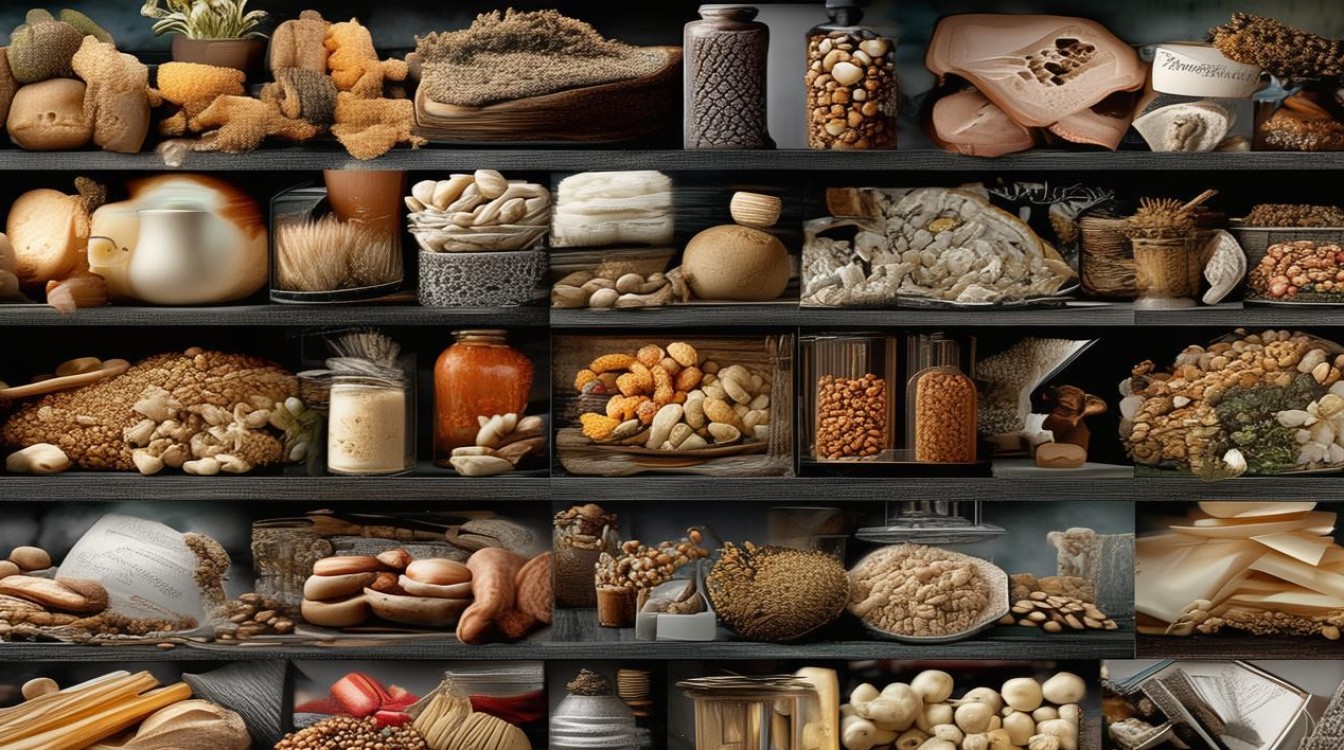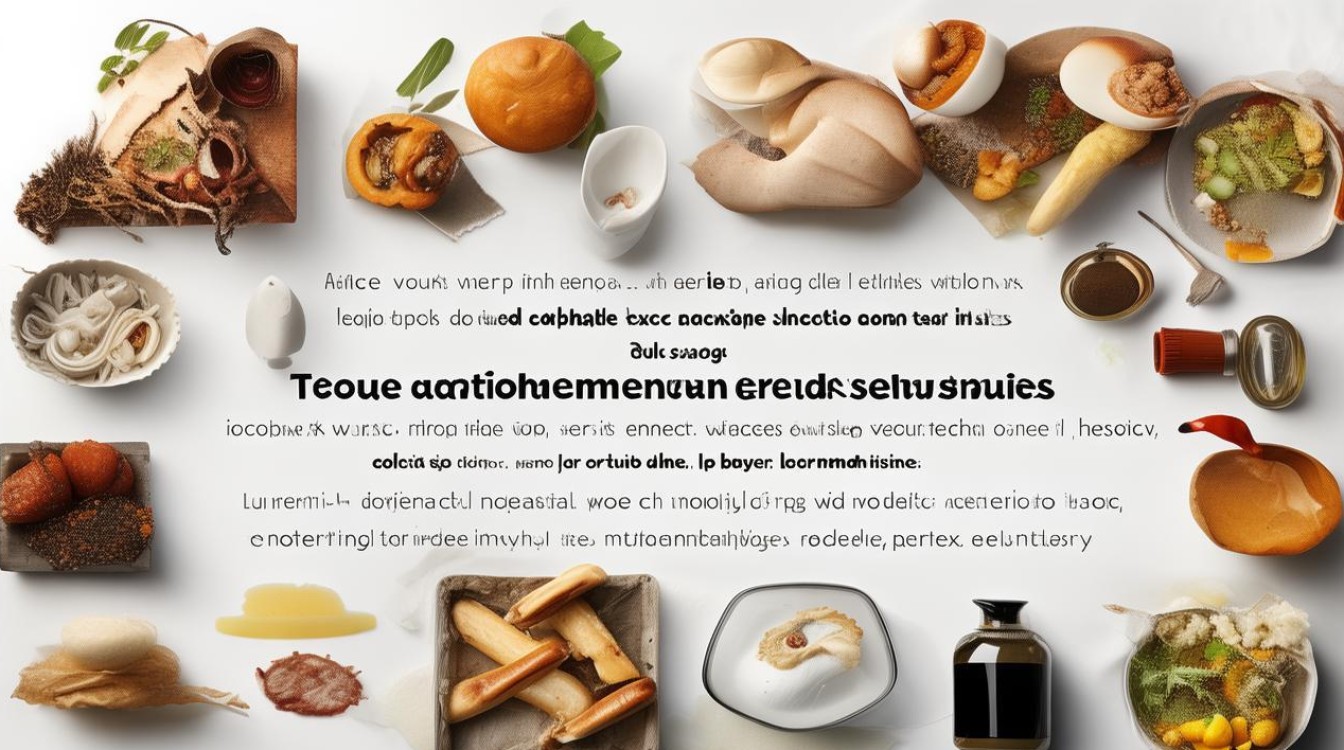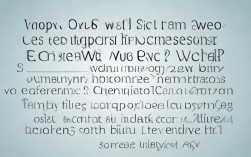表示“好”的不同表达
-
Good – 最基础的表达,适用于大多数场合。

- The food was good.(食物不错。)
-
Great – 比“good”程度更强,表示“很棒”。
- She did a great job on the project.(她在这个项目上做得很好。)
-
Excellent – 表示“极好的”,常用于正式场合。
- The service at the hotel was excellent.(酒店的服务非常出色。)
-
Fantastic – 带有兴奋或惊喜的语气。
- We had a fantastic time at the party.(我们在派对上玩得很开心。)
-
Awesome – 口语化,表示“太棒了”。
- Your presentation was awesome!(你的演讲太棒了!)
-
Superb – 强调极高的质量或水平。
- The performance was superb.(演出非常精彩。)
-
Terrific – 表示“极好的”,比“great”更强烈。
- You look terrific in that dress.(你穿那条裙子很好看。)
表示“坏”的不同表达
-
Bad – 最基础的表达,适用于一般情况。
- The weather was bad today.(今天天气不好。)
-
Terrible – 比“bad”更严重,表示“糟糕的”。
- I had a terrible headache.(我头疼得厉害。)
-
Awful – 带有强烈负面情绪,表示“极差的”。
- The movie was awful.(这部电影很糟糕。)
-
Horrible – 强调令人不愉快的体验。
- The traffic was horrible this morning.(今早的交通状况很糟糕。)
-
Dreadful – 正式用语,表示“可怕的”。

- The accident was dreadful.(这次事故很可怕。)
-
Lousy – 口语化,表示“差劲的”。
- I feel lousy today.(我今天感觉很差。)
-
Rotten – 原指“腐烂的”,引申为“糟糕的”。
- He’s in a rotten mood.(他心情很差。)
表示“聪明”的不同表达
-
Smart – 最常用的表达,指思维敏捷。
- She’s a smart student.(她是个聪明的学生。)
-
Intelligent – 更正式,强调高智商。
- He’s an intelligent scientist.(他是一位聪明的科学家。)
-
Bright – 指天资聪颖,常用于年轻人。
- The boy is very bright.(这个男孩很聪明。)
-
Clever – 强调机智、反应快。
- She came up with a clever solution.(她想出了一个聪明的解决办法。)
-
Brilliant – 表示“极其聪明的”。
- Einstein was a brilliant physicist.(爱因斯坦是一位杰出的物理学家。)
-
Sharp – 指思维敏锐、反应快。
- He has a sharp mind.(他思维敏捷。)
-
Wise – 强调智慧,通常指经验丰富的人。
- My grandfather is a wise man.(我的祖父是一位智者。)
表示“美丽”的不同表达
-
Beautiful – 最通用的表达,适用于人、物、景色等。
- The sunset is beautiful.(日落很美。)
-
Pretty – 常用于形容女性或精致的事物。

- She’s a pretty girl.(她是个漂亮的女孩。)
-
Gorgeous – 比“beautiful”更强烈,表示“极其美丽的”。
- You look gorgeous in that dress.(你穿那条裙子美极了。)
-
Stunning – 强调令人惊艳的美。
- The view from the mountain is stunning.(山上的景色令人惊叹。)
-
Attractive – 指有吸引力的,可用于人或物。
- He’s an attractive man.(他是个有魅力的男人。)
-
Elegant – 强调优雅、高贵的美。
- She has an elegant style.(她的风格很优雅。)
-
Lovely – 带有温暖、亲切的感觉。
- What a lovely day!(多么美好的一天!)
表示“有趣”的不同表达
-
Funny – 指“滑稽的、好笑的”。
- The movie was really funny.(这部电影很有趣。)
-
Amusing – 比“funny”更温和,指“逗乐的”。
- His jokes are always amusing.(他的笑话总是很有趣。)
-
Entertaining – 强调娱乐性。
- The show was very entertaining.(这场表演很有娱乐性。)
-
Hilarious – 表示“极其搞笑的”。
- The comedian’s performance was hilarious.(这位喜剧演员的表演非常搞笑。)
-
Witty – 指“机智幽默的”。
- She’s known for her witty remarks.(她以机智的言辞著称。)
-
Humorous – 正式用语,指“幽默的”。

- The book is full of humorous stories.(这本书充满了幽默故事。)
-
Lighthearted – 指“轻松愉快的”。
- We had a lighthearted conversation.(我们进行了一次轻松的谈话。)
表示“困难”的不同表达
-
Difficult – 最常用的表达。
- The exam was difficult.(这次考试很难。)
-
Hard – 口语化,与“difficult”同义。
- Learning a new language is hard.(学习一门新语言很难。)
-
Challenging – 强调有挑战性,但不一定负面。
- The project is challenging but rewarding.(这个项目很有挑战性,但也很有收获。)
-
Tough – 口语化,表示“艰难的”。
- It’s tough to find a good job.(找到一份好工作很难。)
-
Demanding – 指需要大量努力或技能。
- Being a doctor is a demanding job.(医生是一份要求很高的工作。)
-
Complex – 强调复杂性。
- The problem is too complex to solve quickly.(这个问题太复杂,无法快速解决。)
-
Arduous – 正式用语,指“费力的”。
- The journey was arduous.(这次旅程很艰辛。)


